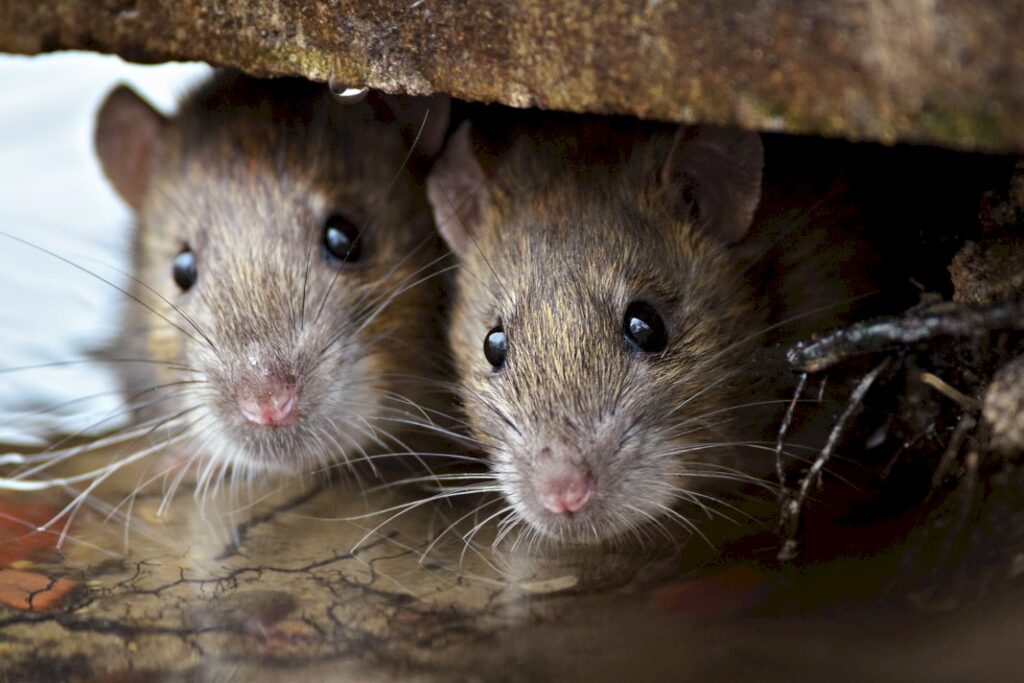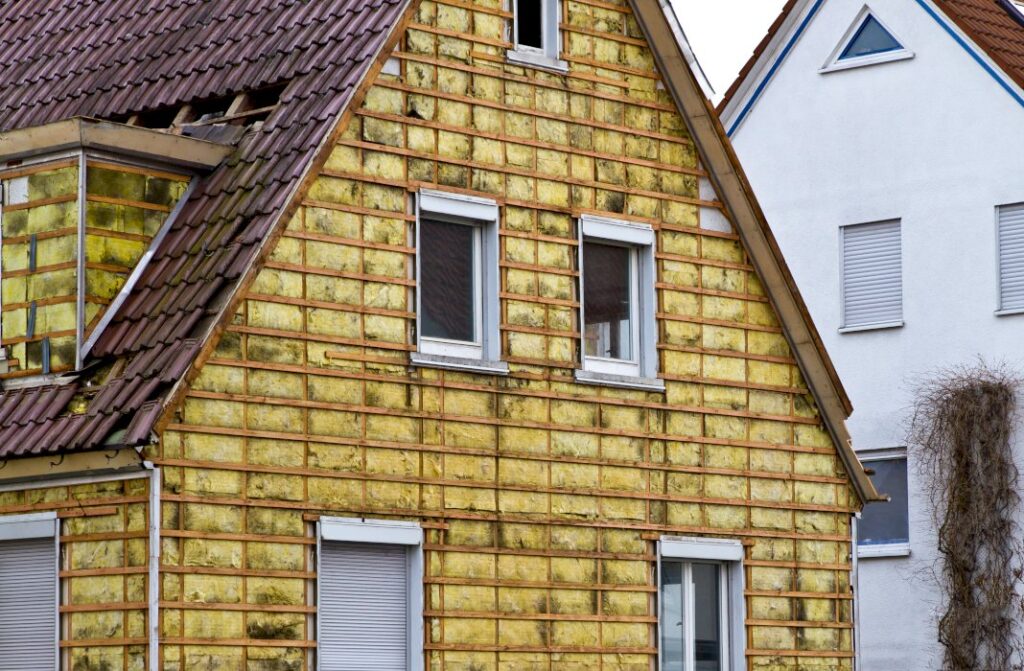⢠Rats can be dangerous, spreading diseases such as leptospirosis, hantavirus pulmonary syndrome, and plague.
⢠The best way to protect oneself from these illnesses is to wear gloves when cleaning up after rats and avoid inhaling dust from areas where rats have been.
⢠Renovate your home with impenetrable walls and replace old insulation with newer, rodent-resistant materials.
⢠Keep your home clean and tidy by storing food in airtight containers, picking up pet feces regularly, and sealing off any potential entry points from the outside.
⢠If all else fails, call a professional pest control expert to identify and treat the problem areas.
Rats are more than just pesky pests. They can bring a lot of diseases and pose health risks to your family. Rats need to be taken seriously from rat-borne illnesses like salmonella, hantavirus, plague, and leptospirosis to the damage they cause with their relentless gnawing on furniture and insulation. It’s estimated that 14 million families. have seen rats in their homes. Here’s why you should worry about rats in your home.
The Danger of Rat-Borne Diseases
Rats carry many diseases that can cause serious health problems. Here are some of the most common diseases carried by rats.
Leptospirosis
Leptospirosis is a bacterial infection caused by Leptospira bacteria found in the urine of infected animals, including rats. Humans can contract this potentially fatal disease through contact with contaminated water or soil exposed to rat urine.
Symptoms include fever, chills, nausea, vomiting, diarrhea, and muscle pain; left untreated, it can lead to kidney or liver failure. The best way to prevent leptospirosis is to wear protective clothing when cleaning up rat droppings or contacting areas where rats have been living or urinating. You want to do these things since touching these droppings with your bare hands can lead to infection.
Hantavirus Pulmonary Syndrome
Hantavirus pulmonary syndrome is a severe respiratory condition caused by hantaviruses found in rodents such as mice and rats. These viruses are spread through contact with rodent droppings or saliva and can cause flu-like symptoms such as fever, headache, muscle aches, fatigue, and coughing.
In severe cases, it can lead to difficulty breathing and even death; however, it is treatable if caught early enough. To prevent hantavirus pulmonary syndrome, always wear gloves when cleaning up rodent droppings or nesting materials and avoid inhaling dust from these areas.

Plague
The plague is a highly contagious bacterial infection spread by fleas living on infected rodents such as rats and mice. It is characterized by painful swollen lymph nodes (called buboes) along with feverishness and fatigue; left untreated, it can lead to organ failure and death in humans.
Those with plague can be treated with antibiotics; however, it’s best to take preventative measures.
Tips to Prevent Infestations
Your home is your first line of defense against this. Here’s how you can renovate your home to resist a rat infestation.
Change Your Walls
The walls you have might not be enough to stop rats from punching holes and creating routes inside your home. A reliable WPC wall panel can be your first defense against infestations. These impenetrable walls create a physical barrier to keep the rats out.

Replace Old Materials and Insulation
Rodents can easily gnaw through old materials, such as insulation. Replace old insulation with newer materials that are more resistant to rodent damage. For added protection, you can also place metal mesh around the material to deter rodents further.
Keep Things Clean
Rats are attracted to clutter, so keeping your home clean and tidy is essential. Store food in airtight containers, pick up pet feces regularly, and seal off any potential entry points from the outside. All of these measures can help keep rats away from your home.
Seal Up Potential Entrances
Rats can squeeze through very small spaces to access your home, so seal up any potential entrances with expanding foam or caulk. Additionally, use door sweeps and thresholds under every exterior door to fill in small gaps.
Call in Professional Help
If all else fails, it might be time to seek professional help. A pest control expert can identify potential problem areas, apply the right treatments, and ensure that the rats are gone for good. Additionally, they will also be able to advise you on preventative measures that you can take to keep rats away in the future.
Overall, rats are a severe problem that needs to be addressed immediately. Taking preventive measures and calling in professionals can help you get rid of them quickly and effectively. Once the rats are gone, keep your home clean and tidy to prevent further infestations from occurring.
For more valuable information visit this website.





